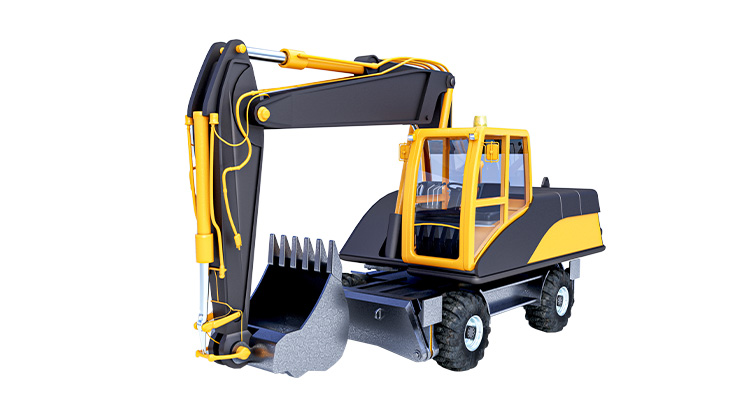
The Advantages and Applications of Rectangular Structural Steel Tubing
Rectangular structural steel tubing is a highly versatile material widely used in construction, manufacturing, and various industrial applications. Known for its strength, durability, and aesthetic appeal, this type of tubing has become a favored choice for architects and engineers alike. This article explores the characteristics, benefits, and common applications of rectangular structural steel tubing.
Characteristics of Rectangular Structural Steel Tubing
Rectangular structural steel tubing is hollow, typically characterized by its equal wall thickness and uniform cross-section. This design provides remarkable structural strength and stability, making it suitable for a wide range of applications. Generally made from steel, the tubing is available in various grades, including mild steel, high-strength low-alloy steel, and stainless steel, catering to different load requirements and environmental conditions.
The dimensions of rectangular tubing can vary significantly, allowing for flexibility in design and structural requirements. Common sizes range from small cross-sections for lighter applications to larger tubes that can bear substantial loads. The wall thickness can also vary, providing further customization to meet specific engineering needs.
Benefits of Rectangular Structural Steel Tubing
1. Strength One of the primary advantages of rectangular structural steel tubing is its exceptional strength-to-weight ratio. The hollow design enables it to withstand significant loads, making it ideal for structural applications without adding unnecessary weight.
2. Versatility Rectangular tubing can be used in a myriad of applications across different industries. It can be easily cut, welded, and fabricated into various shapes, lending itself to customized solutions that meet specific project requirements.
3. Aesthetic Appeal Beyond its structural capabilities, rectangular steel tubing has an industrial aesthetic that many designers find appealing. It can be used in exposed structural designs and contemporary architecture where both function and style are essential.
4. Corrosion Resistance Depending on the type of steel used, rectangular structural steel tubing can be treated or coated for enhanced corrosion resistance. This feature makes it suitable for outdoor applications or in environments where exposure to moisture and corrosive elements is a concern.

5. Cost-Effectiveness When considering the cost of steel versus other building materials, rectangular steel tubing often emerges as a cost-effective option. Its durability and longevity reduce the need for frequent replacements, ultimately saving money over the lifecycle of a project.
Applications of Rectangular Structural Steel Tubing
The versatility of rectangular structural steel tubing allows it to be utilized in various applications
1. Construction In the construction industry, rectangular tubing is frequently used for structural supports, framework, and scaffolding. Its strength enables the construction of large structures, such as warehouses and industrial buildings.
2. Manufacturing Many manufacturing processes incorporate rectangular steel tubing for producing frames, machinery, and equipment. Its ability to withstand heavy loads and resist deformation makes it an ideal choice for manufacturing settings.
3. Furniture Design The aesthetic and structural properties of rectangular tubing have led to its popularity in modern furniture design. Designers use it to create stylish tables, chairs, and shelving units that combine durability with contemporary flair.
4. Automotive Applications Rectangular structural tubing is used in the automotive industry for producing frames, chassis, and support structures. Its lightweight yet strong properties contribute to the overall performance and safety of vehicles.
5. Outdoor Structures From outdoor furniture to gazebos and pergolas, manufacturers leverage rectangular steel tubing’s durability and resistance to environmental conditions, ensuring long-lasting outdoor solutions.
Conclusion
Rectangular structural steel tubing stands out as a robust, versatile, and aesthetically appealing material suitable for a multitude of applications. Its characteristics, including an impressive strength-to-weight ratio, corrosion resistance, and design adaptability, make it a preferred choice among engineers, architects, and designers. As industries continue to seek efficient and cost-effective building solutions, the popularity of rectangular structural steel tubing is likely to grow, further solidifying its role in modern construction and design.